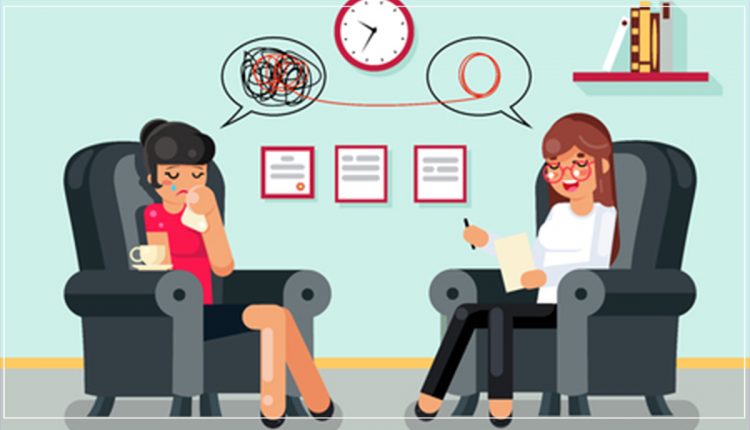
5 Things Your Therapist Wants You To Know
The Pakistan Association of Mental Health estimates that more than 34 per cent of Pakistan’s population is affected by mental illness. It no longer is OK to shy away from talking about the importance of mental health and related disorders
This is also because one of the reasons that does stop people from seeking help is the societal stigma attached to the subject. Other reasons include lack of treatment and facilities available
However, this does not mean that there has been no positive change observed over time. Acceptance of mental illnesses has led a significant number of the population, especially in urban centers, to seek professional help.
While it’s great to see people breaking the taboo and being more receptive towards therapy, there are still a few misconceptions that exist. One of which is that people believe therapy to be a cure for mental illnesses.
Therapists and psychologists have often stated that to be untrue. Therapy is, in fact, a treatment towards a patient’s recovery and helps them manage their symptoms better.
To counter similar such misconceptions held by people wanting to seek therapy, we spoke to psychologists Yumna Usmani. And here are five things she wants you to know.
-
Not every emotion is a disorder
You may be feeling a lot of emotions at a certain time. Some of these emotion, such as, sadness might overshadow other feelings, while on other times, happiness may override other emotions. But this doesn’t necessarily mean that you have a disorder.
You can speak to your therapist about different emotions you feel at any certain point in life. Most, importantly, remember that going to a therapist doesn’t make you ‘crazy’.
-
Therapy (healing) is a process and not a magic wand
Therapy, as we mentioned above, is not a cure but instead a process that helps an individual with their recovery. So be patient with yourself.
And don’t count days but instead focus on your personal growth and small achievements you make.
-
Therapy is collaborative
Just like any other relationship, therapy will only be beneficial if you build up a positive relationship with your therapist. It’s a two-way process, your therapist cannot make you have a breakthrough unless you are also willing to put in effort.
-
There are no set or right answers
You should remember that your therapy sessions are strictly confidential and all your therapist wants is you to be comfortable and yourself.
So, don’t worry about saying the right things, or behaving in a certain manner. You’ll come up with your own answers as you go.
-
Therapy will not always make you feel happy
It is important to remember that there will be challenging days but eventually, you will feel better.

